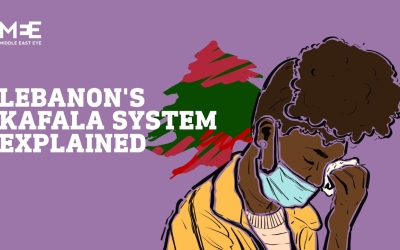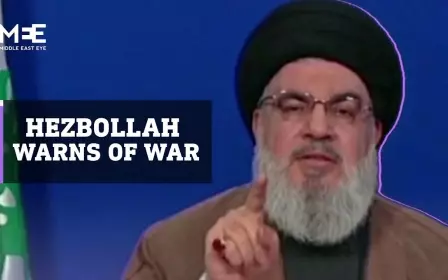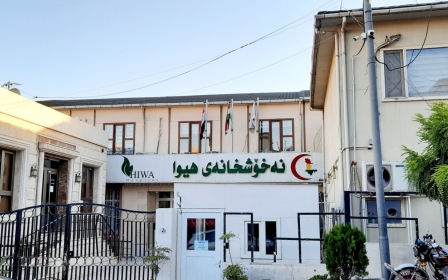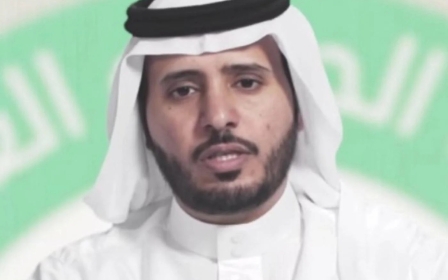Lebanon's cancer patients 'desperately chasing medication' as financial crisis hits subsidies
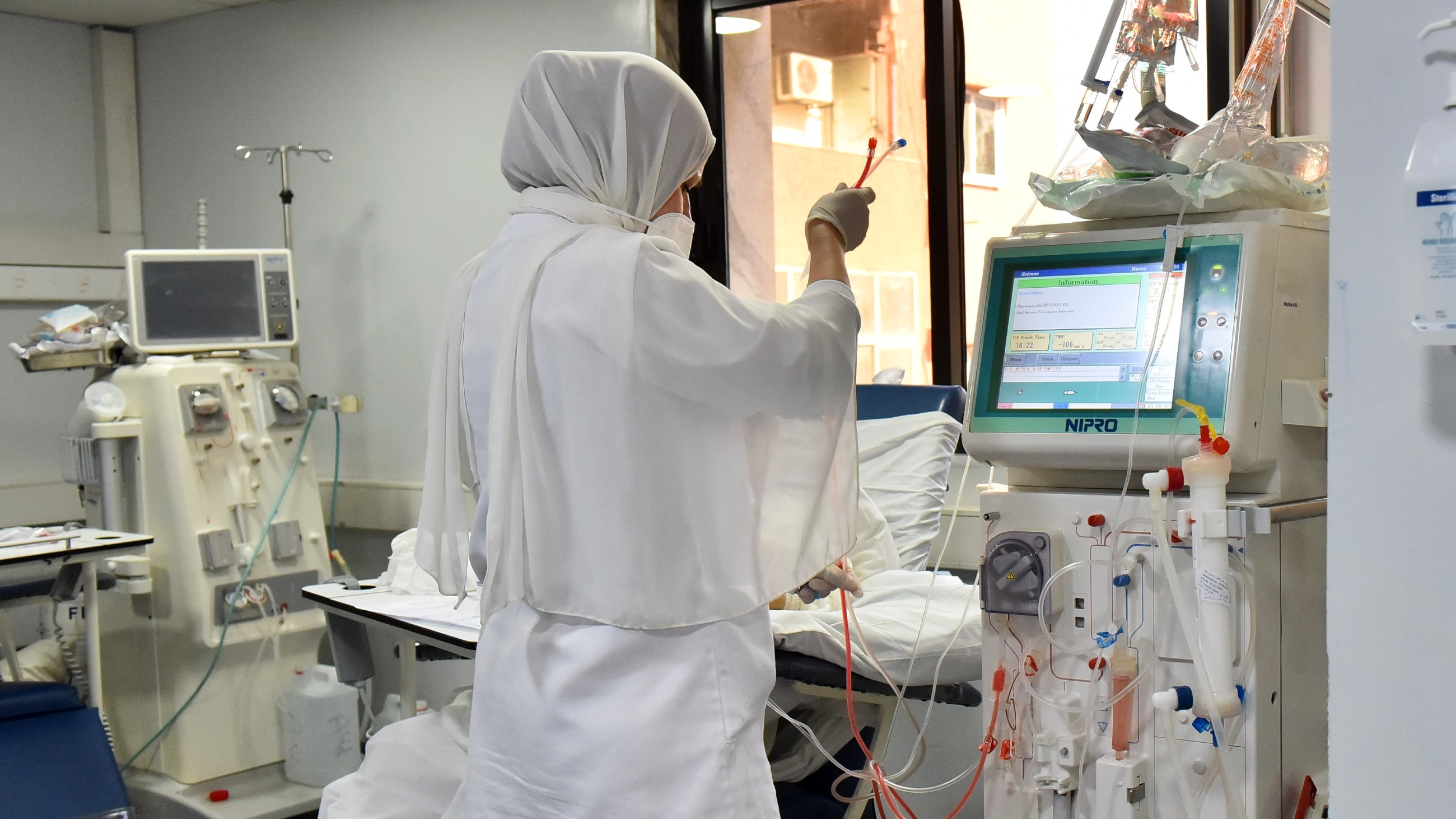
Before sharing her story, Manale, a cancer patient, insisted on not disclosing her real name.
"I cannot tolerate empathy. This is not personal suffering, this is mass-killing," she said.
In January, Manale was diagnosed with breast cancer, but she has been forced to postpone her chemotherapy sessions twice due to the shortage of medication in Lebanon.
"I suddenly find myself wishing I had caught this disease in a different time... just to have access to my medication."
'Today I find myself desperately chasing medication that might prolong what is left of my life, but the future looks so obscure'
- Salam Moussawi, cancer patient
Since the 2019 economic collapse in Lebanon, the central bank has gradually lifted subsidies for a wide range of commodities once pegged to a fixed exchange rate.
New MEE newsletter: Jerusalem Dispatch
Sign up to get the latest insights and analysis on Israel-Palestine, alongside Turkey Unpacked and other MEE newsletters
Though a range of chronic-disease treatments in Lebanon are still subsidised, many medicines are in short supply, and some patients have resorted to the black market or import them from abroad via relatives or friends at extortionate prices.
Sitting on her sofa bed in the southern suburbs of Beirut, Manale was busy texting a relative coming from abroad and making a stop in Turkey.
"Since the shortages, I was told that it is possible to get the medication from Turkey without a prescription," she said.
"I have an amount of money saved that I was going to use for a trip to Turkey, but it seems I will be spending it on a few doses until I figure out the next step... my medication will make the trip to Beirut and not vice versa."
Struggling during crisis
Salam Moussawi, who recently moved to Lebanon from Kuwait, was diagnosed with breast cancer in 2006 and completed her treatment in 2008.
She had won a temporarily victory against cancer in Kuwait, but in 2018 the disease reappeared, and now she faces stage three bone cancer.
"Before the crisis, the message from the Ministry of Health notifying me that my medications were ready to be picked up did not mean a great deal to me," she said.
"Today I keep my phone close to me all the time, but I have lost hope of receiving that message."
She told MEE that she had decided to go back to her hometown in southern Lebanon to retire after decades of living abroad.
"I used to tell my kids that I want to die in my hometown and not abroad. That was the plan, to come back and live the remaining years of my life peacefully close to my family... Today I find myself desperately chasing a medication that might prolong what is left of my life, but the future looks so obscure."
Marwan, an army veteran, is one of the "lucky" cancer patients.
The army has a different insurance method to many government and private institutions, which enables it to constantly provide its personnel with the proper medical treatment, as it imports directly from the source.
However, it is still a struggle, with a mass of other problems hindering Marwan's ability to receive treatment with ease.
"Before the crisis, my salary was enough to take care of the main necessities, today its around $60," he said.
"I have to plan my chemotherapy sessions so that I can be accommodated with a relative [when] heading to the military hospital, since I live outside Beirut.
"I cannot afford the fuel for the trip any more, and, on top of that, my worst nightmare when the session ends, with the excruciating pain that comes with it, is to get back home and have to get to the sixth floor on foot, since electricity has become a luxury."
A high cancer rate
According to the national cancer registry, every year Lebanon registers 120,000 new cancer cases, one of the highest rates of any country. The Global Cancer Observatory estimated that around 29,000 cancer patients were being treated in Lebanon at the end of 2021.
According to Minister of Health Firas Abiad, the government has been forced to cut back on its funding for patients in the country's largely privatised health system, which he said was poorly monitored and lacking transparency.
"Today only 20 percent of the expenses are subsidised compared to pre-crisis," said Abiad. "Out of this 20 percent, three-quarters of it is going towards cancer medication, but the main problem that we are trying to manage today is to create a transparent distribution system that did not exist before.
"This will allow us to track these medications to make sure there is no waste or theft and misuse in the black market.”
He said the new tracking system would be finalised "within the next few weeks".
“It will not solve [the problem], but patients will have better access to cancer medications and it will help in crisis management."
Hani Nassar, head of the Barbara Nassar foundation - which focuses on supporting cancer patients across Lebanon - added that another obstacle existed for cancer patients if they were lucky enough to get their treatment.
“The expense of completing a chemo session in any hospital in Lebanon ranges between three million to five million Lebanese pounds ($1,990 to $3,317), excluding the cost of medication itself," he said.
"As a foundation we are sometimes faced with patients unable to secure the hospital fees, even if we were able to secure the medications."
Middle East Eye delivers independent and unrivalled coverage and analysis of the Middle East, North Africa and beyond. To learn more about republishing this content and the associated fees, please fill out this form. More about MEE can be found here.



